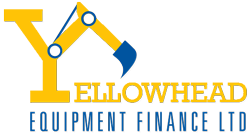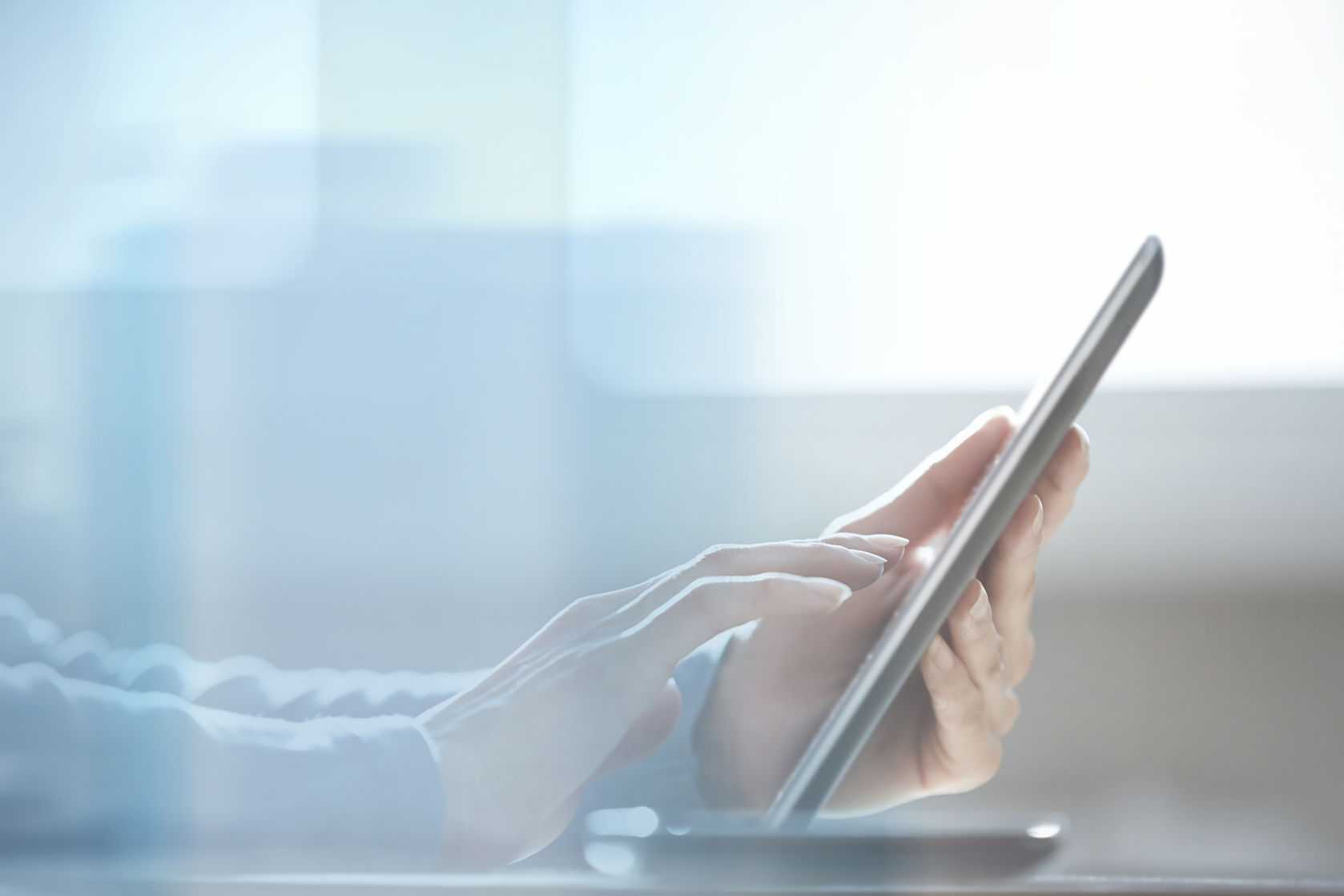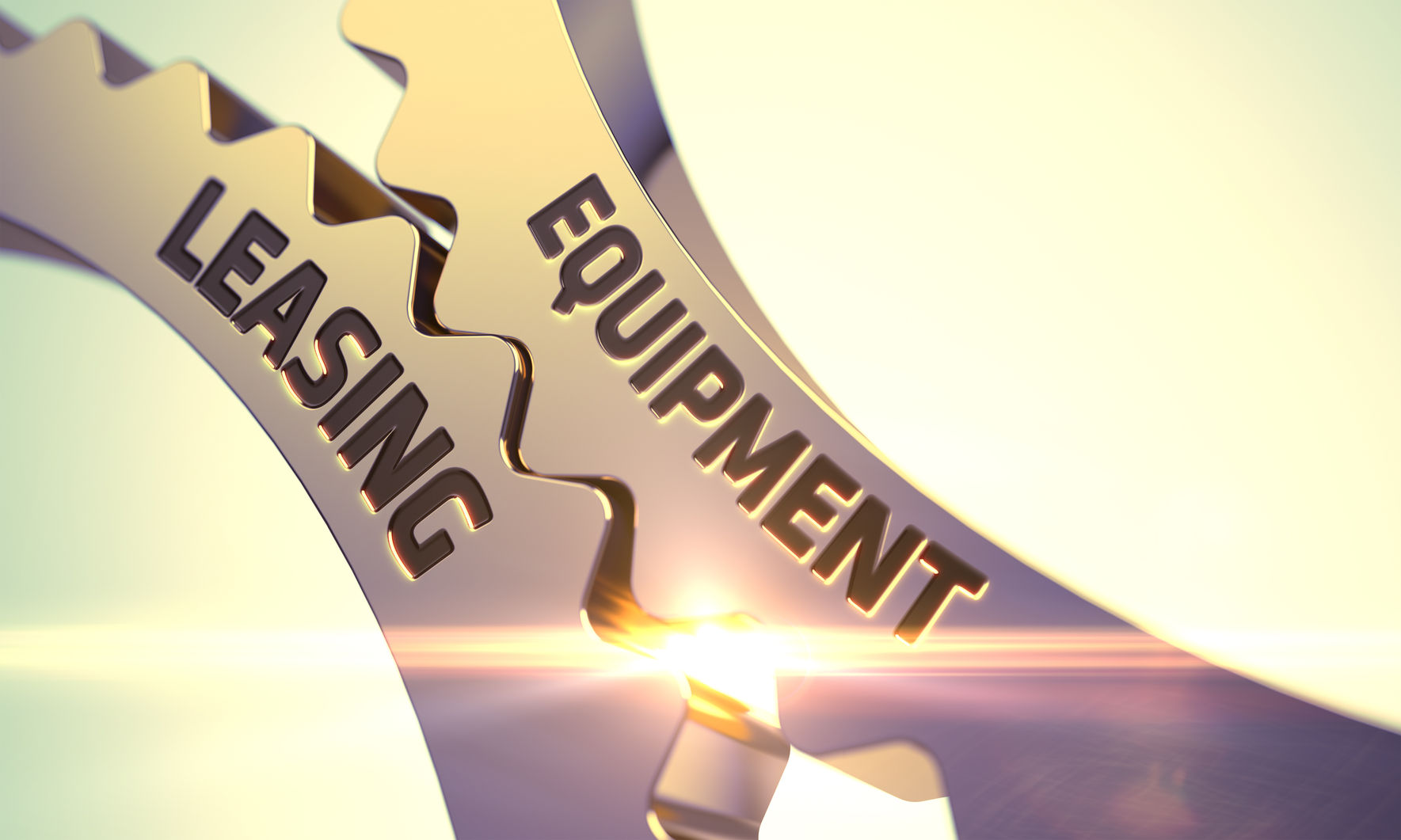In the construction/trade industry today, many companies turn to equipment leasing. It’s a viable and cheaper solution than to outright buy equipment. That being said, before you start jumping into equipment leasing, it’s worth asking yourself some key questions.
This is important because leasing equipment is a different beast than merely getting a loan. Of course, there are similarities, but looking at each transaction there are different calculations as well as ranges. Not to mention the terms of the lease agreement too.
With this in mind, read the lease agreement carefully and ask yourself these questions.
What Is My Plan With This Equipment?
Before you even consider actually leasing the equipment you want to have an idea of what the equipment will be used for and how much of it you’ll be using. This particular factor is important as it determines how much you should be investing into the equipment.
So what’s a good amount to be investing in? Well, all you have to do is compare the leasing payments that are on the terms with the revenue you anticipate the equipment will generate for you. Of course there is no guarantee you’ll earn that much, but at the very least you can determine whether leasing the equipment will actually be worth it in the first place.
Furthermore, you also want to consider the value of the equipment once your lease is over based on the condition it’s in. This can also help you in determining whether the periodic lease payments are appropriate.
Does The Leasing Representative Have An Understanding Of My Business?
In short, when a lessor knows or is familiar with your business, they will be able to understand the tiny details about the market. The fluctuations, what sort of changes the industry is experiencing, and so on. These all help in ensuring that the representative will figure out your business needs and deliver.
The beauty of equipment leasing is that leases vary from business to business and group to group. Furthermore they can be tailored and adjusted even to your month-to-month or year-to-year cash flow needs. Essentially, you have a lease that can be customized to address your individual needs and requirements.
The only catch to this is that the representative needs to have a grasp of your business and industry. A misinformed representative will lead you astray and you can be spending a lot of money that you didn’t need to be spending.
Can I Upgrade Or Add Equipment Under This Lease?
This may not be the most fitting question if your intention is to lease one equipment, but it’s still worth considering for a few reasons. For one, just because you may not have intentions right now doesn’t mean you’ll never have the desire to. Secondly, you cannot predict the future growth of your business, as such, having at least an option and understanding the steps may be necessary if you need more equipment.
If your intention is to lease multiple pieces of equipment, then make sure that the lease is a master lease or else you’ll have to negotiate a new lease contract entirely for the added equipment.
On top of that, if you are expecting your business to grow, consider negotiating this option when you are structuring your lease program to begin with. Through this, you’ll be able to add more equipment under the same terms and conditions as your first lease.
What Happens When The Lease Ends Early?
Each business handles lease termination differently and in cases where you end the lease early, there are specific costs to that that will be outlined in the lease. Firstly, opting for a master lease is a wise decision as not only can you add equipment, but you also have the flexibility in removing equipment and terminating a lease earlier than usual. That’s not to say non-master leases don’t have that but it’s certainly trickier.
Broadly speaking, when you terminate a master lease, you may be charged additional payments. This is to be expected as it’s a way of recovering costs. After all, the lessors were expecting your business to hold the asset for the specified period of time. To suddenly have it back in their possession shifts their overall returns and portfolio mix.
What Are My Obligations With This Equipment?
The final question is to have a clear understanding of your responsibilities when the equipment is in your possession. Of course, you are expected to have the equipment during the specified time and to make period payments, however there can be other clauses in the lease agreement that add additional obligations.
Examples of these are things like covering insurance costs, taxes, maintaining the equipment, and more. If the lessor expects you to cover these things over your lease period, you want to make sure that it’s mentioned clearly in the lease agreement. Furthermore, you should be asking your lessor to review those provisions with you.
Ask Questions
There is no shame in asking questions. There are many tiny details about equipment leasing that are worth considering and knowing exactly what you are getting into is key. On top of that, you want to make sure that your needs are being addressed as well. And remember, if you’re not satisfied with the answers, discuss them or remember you can always say no thanks.







